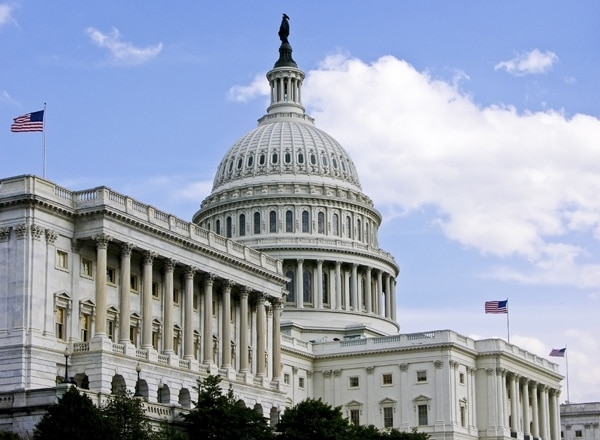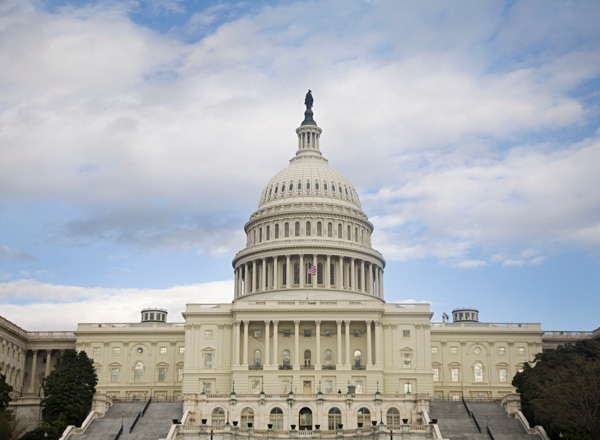1. $1,400 stimulus checks for eligible taxpayers
A new round of economic impact payments, or stimulus checks, will be issued to qualifying individuals. Just as before, these payments are advance payments of a recovery rebate credit issued by the IRS.
These payments begin at $1,400 for individual taxpayers or $2,800 for married taxpayers filing jointly. This round includes an additional $1,400 for each dependent, including college students and qualifying relatives claimed as dependents.
The individual credit amount is based on the taxpayer’s adjusted gross income (AGI). AGI is gross income minus any adjustments such as student loan interest, tuition and fees, alimony payments, contributions to a retirement account, and certain expenses of teachers and self-employed individuals. The act uses the taxpayer’s 2019 AGI to determine individual eligibility for the stimulus payment — unless a 2020 return has already been filed.
For single taxpayers, the credit begins to phase out at an AGI of $75,000 and will phase out entirely at $80,000. For married taxpayers who file jointly, the credit begins to phase out at an AGI of $150,000 and will phase out entirely at $160,000. For heads of household, the phaseout starts at $112,500 and ends at $120,000.












